News Story
ECE Announces Recipients of 2025 Distinguished Alumni Awards
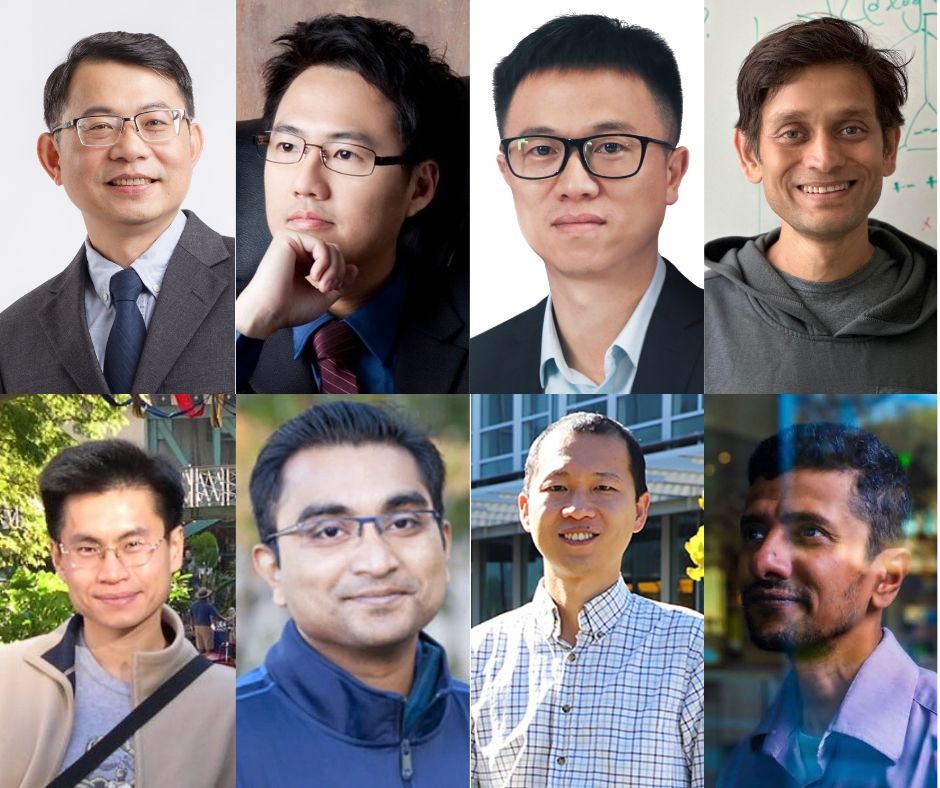
Top l to r: Wen-Hsien Chuang, Chia-Jui Hsu, Yinian Mao, Arya Mazumdar. Bottom l to r: Guan-Ming Su, VIkramjit Mitra, Peng Qiu, Ashok Veeraraghavan
The University of Maryland Department of Electrical and Computer Engineering has announced the recipients of this year’s Distinguished Alumni Awards. This year’s alums have a variety of exceptional backgrounds across multiple disciplines. They were nominated by ECE faculty members in recognition of their significant accomplishments.
The awards will be presented on October 10th at an event honoring this year’s Distinguished Alumni.
This year’s awardees are:
Wen-Hsien Chuang (EE Ph.D. ’05)
Wen-Hsien Chuang currently serves as the Technical Director of the New Technology Product Infrastructure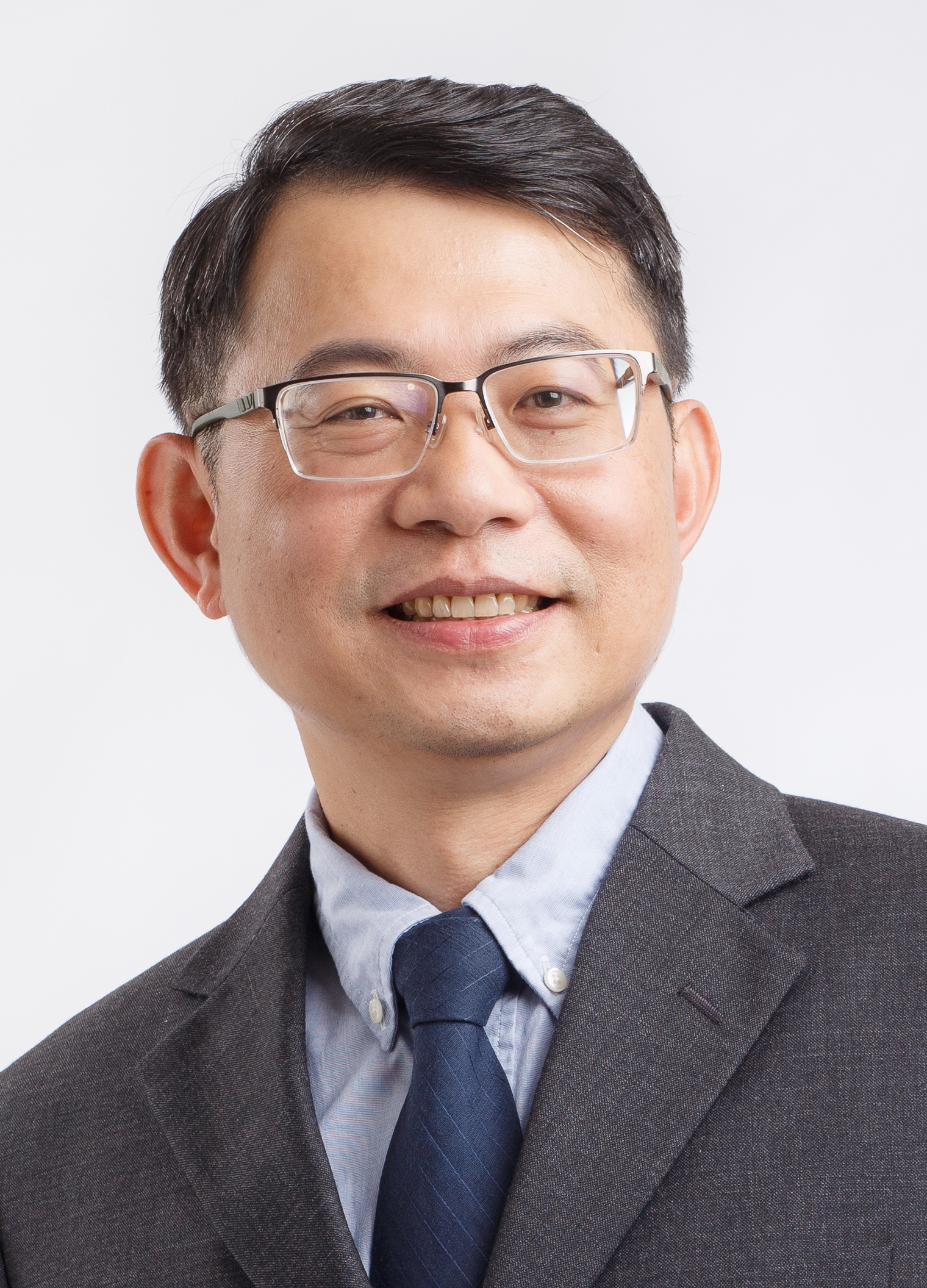 Division of the Taiwan Semiconductor Manufacturing Company (TSMC). He was nominated by Professor Reza Ghodssi.
Division of the Taiwan Semiconductor Manufacturing Company (TSMC). He was nominated by Professor Reza Ghodssi.
Before assuming this new role, Chuang directed the Specialty Technology Quality & Reliability Division at TSMC, where he oversaw its latest specialty technologies, including non-volatile memory, Power Management IC, CMOS image sensors, and silicon photonics. As part of the world’s first dedicated semiconductor foundry, his team has successfully qualified several of their state-of-the art technologies for mass production. He has also contributed greatly to the Chips Act Industry Advisory Committee with his knowledge of the metrology needs of the future semiconductor industry.
Prior to joining TSMC, he was a senior manager at Intel, where he contributed to silicon process and circuity debugging and physical failure analysis. He also traveled worldwide to support establishing local laboratories, contributing to Intel’s success in advancing semiconductor technologies. He was honored with the Intel Achievement Award, the company’s highest honor.
At UMD, he was a member of the MEMS (Micro-electro-mechanical system) Sensors and Actuators Laboratory (MSAL). For his doctoral research, he worked with the NASA Goddard Space Flight Center in Greenbelt, MD on the first study conducted on the electro-mechanical characterization of MEMS actuators at cryogenic temperatures. The results of this study paved the way for the development of MEMS micro shutter arrays used in the James Webb Space Telescope.
Chuang holds 13 US patents in areas that have advanced fields such as silicon process debugging, silicon photonics technology, silicon backside power rail technology and three-dimensional integrated circuit packaging (3DIC).
Chia-Jui (Jerry) Hsu (EE MS ’04 / Ph.D. ’07)
Chia-Jui (Jerry) Hsu received his MS and Ph.D. in electrical engineering in 2004 and 2007 respectively. He joined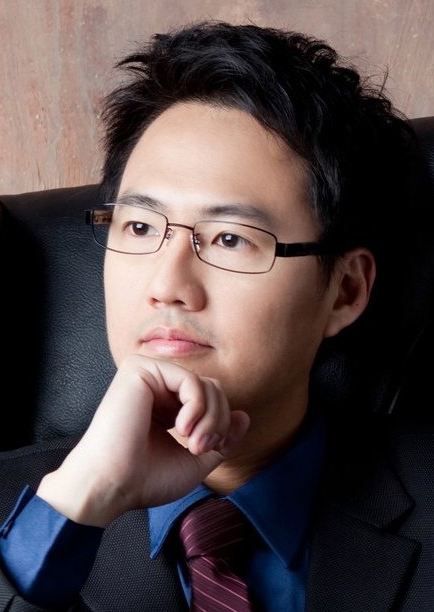 the ECE Department in 2002, after earning his BS in EE from National Taiwan University. He was nominated by his former advisor Professor Shuvra Bhattacharyya.
the ECE Department in 2002, after earning his BS in EE from National Taiwan University. He was nominated by his former advisor Professor Shuvra Bhattacharyya.
Hsu is a Fellow in the Artificial Intelligence Group at Advanced Micro Devices (AMD), where he leads R&D teams in developing data flow graph compilers for machine learning models and signal processing applications, targeting AMD AI Engine architecture. In the AI domain, his work has advanced architecture-specific compilation of deep learning models onto neural processing units (NPUs) in AMD Ryzen AI processors. In the embedded space, his contributions have enabled machine learning, wireless, and single processing subsystems on AI Engine arrays in AMD adaptive SoC and FPGA devices.
During his Ph.D. research, he developed data flow graph theories and algorithms for model-based design optimization and simulation of signal processing systems. His work had significant impact on a number of projects sponsored by the Defense Advanced Research Projects Agency (DARPA) and the National Science Foundation (NSF), and has contributed a lasting relevance to signal processing system design.
Prior to joining AMD, Hsu was a R&D manager in the EDA division at Keysight Technologies, where he led the development of model-based system-level design tools. He greatly contributed to cross-product solutions integrating multiple domains of design tools as well as signal generation and measurement instruments for co-design of complex wireless and signal processing systems.
Through his development in design tools and compilers in use today, Hsu has made a significant impact on commercial applications in signal processing and machine learning. His current work focuses on advancing compiler technologies to achieve more efficient computing of deep learning AI models on high performance and adaptive data flow architectures.
Yinian Mao (EE Ph.D. ’06)
After earning a BE in electrical engineering at Tsinghua University, China, Yinian Mao joined the Department of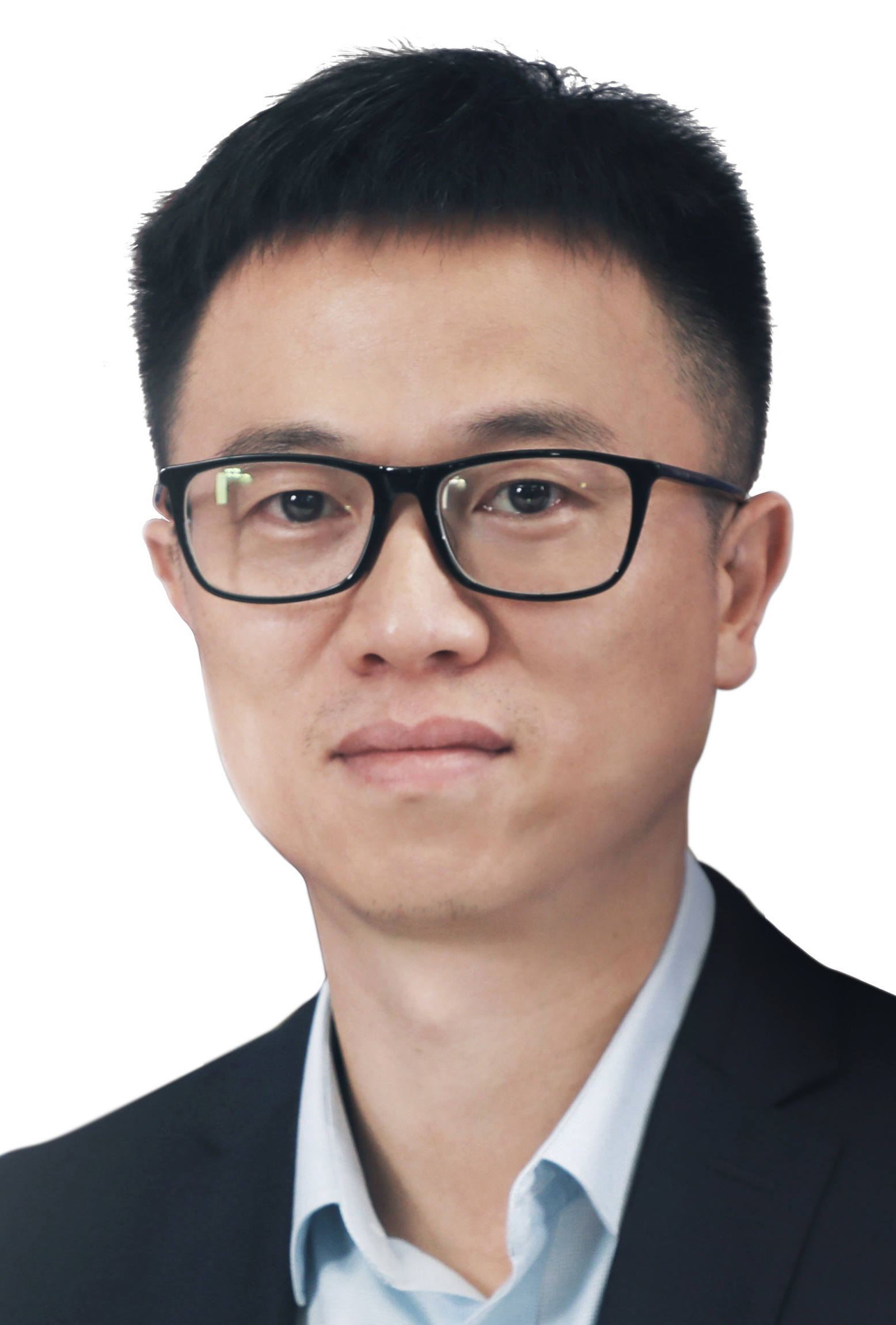 Electrical and Computer Engineering, where he focused his research on information security and cryptography. He was nominated by his former advisor, Professor Min Wu.
Electrical and Computer Engineering, where he focused his research on information security and cryptography. He was nominated by his former advisor, Professor Min Wu.
After earning his Ph.D. in 2006, Mao joined Qualcomm Research in San Diego. While at Qualcomm, his research included multimedia transport, mobile chipset security and mobile contextual aware computing, leading to about 40 patents, one in which he developed a method for allowing different nodes in a smart home to communicate with each other to determine outcomes, rather than relying on individual devices working independently. He also contributed to the Moving Pictures Expert Group (MPEG) international standard for video and multimedia.
In 2015, fueled by his interest in the development of drones, Mao founded Airlango Technology, based in Beijing, China. Serving as Founder and CEO, he used his strong technical leadership to capitalize on his ability to visualize a marketable product and present it to potential investors. This resulted in over $3 million dollars in venture funding.
The success of Airlango Technology was noticed by the Meituan, a leading technology-driven retail company in China. The company acquired Airlango in 2018 and continued its success in drone research and development. As a company that is well-known in China for technologically advanced delivery of food and groceries, the acquisition of Airlango significantly advanced Meituan’s drone delivery program.
Today, Mao is the Vice President of Meituan and Head of Meituan Drone Delivery. His research has focused on drone delivery in urban areas and the challenges of navigating urban density and weather conditions, as well as further advancing the autonomy of individual drones. He has led Meituan Drone Delivery to become a leading drone delivery business around the globe, with commercial operations in mainland China, Hongkong, and Dubai.
Arya Mazumdar (EE Ph.D. ’11)
Arya Mazumdar received his Ph.D. from ECE in 2011. He is an Endowed Chair Professor in AI at the Halicioğlu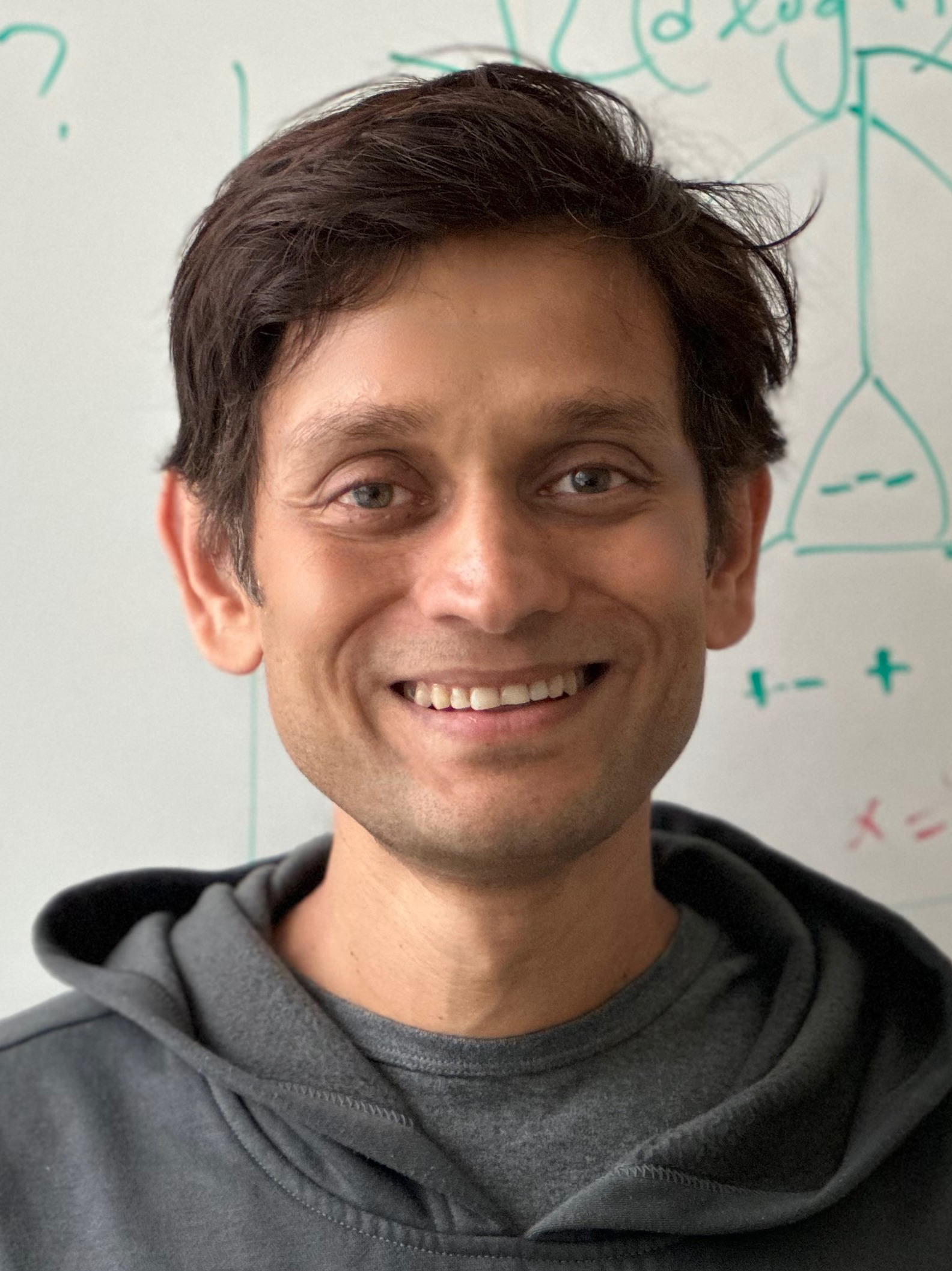 Data Science Institute (HDSI), School of Computing, Information, and Data Sciences, University of California, San Diego. He was nominated by his former advisor, Professor Alexander Barg.
Data Science Institute (HDSI), School of Computing, Information, and Data Sciences, University of California, San Diego. He was nominated by his former advisor, Professor Alexander Barg.
After graduating from the University of Maryland, he was first a postdoc at Massachusetts Institute of Technology and subsequently was a faculty at the University of Minnesota and the University of Massachusetts, before joining the University of California San Diego.
Mazumdar’s research areas cover algorithmic and statistical aspects of machine learning, error correcting codes, optimization, and signal processing. Currently, his main focus is machine learning, specifically computational aspects of statistical estimation/inference and distributed learning and optimization. Previously, his work in information and coding theory showed success in the problem of local data recovery and sparse signal recovery. His studies in this area have been recognized internationally.
He is the Deputy Director and Associate Director of Research of the NSF-funded AI Institute for Learning-Enabled Optimization at Scale (TILOS) Institute. He is also a Co-PI and UCSD Site Lead of another NSF-funded institute, EnCORE.
Mazumdar has 35 journal publications, mostly in IEEE Transactions on Information and the Journal of Machine Learning Research. He has also presented 86 conference papers on computer science and machine learning. He is a member of the editorial boards of Foundations and Trends in Communications and Information Theory, IEEE Transactions on Information Theory, and Transactions on Machine Learning Research.
Awards received by Mazumdar include the 2010 IEEE Jack Keil Wolf ISIT student paper award, the 2011 ECE Distinguished Dissertation Award, a EURASIP Best Paper Award in 2020, and a 2015 NSF CAREER Award.
Vikramjit Mitra (EE ’10)
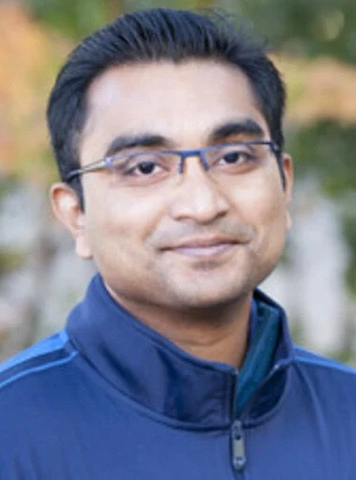 Vikramjit Mitra is a Research Scientist and manager with Apple, Inc. in Cupertino, CA. He specializes in speech and audio processing, sensing and machine intelligence, and health, wellness and bio signals.
Vikramjit Mitra is a Research Scientist and manager with Apple, Inc. in Cupertino, CA. He specializes in speech and audio processing, sensing and machine intelligence, and health, wellness and bio signals.
Dr. Mitra was nominated by his former advisor, Professor Carol Espy-Wilson. He received his Ph.D. from the Department of Electrical and Computer Engineering in 2010.
At Apple he led the speech, audio and machine learning initiative for health and wellness applications that supported both internal and external research studies, such as the Apple – UCLA digital mental health study, one of the world’s largest mental health studies. In his earlier work, his passion for mental health contributed to his technology-based research in the prevention of self-harm and improving human computer interaction for speakers with atypical speech, such as dysfluencies or dysarthria.
His recent branching out into cardio-respiratory health has resulted in the introduction of a machine learning algorithm for estimating and detecting cardio-respiratory parameters from audio and speech. His paper demonstrating that respiration parameters are a viable measure for the relaxation response in meditation and well-being practices was published in Scientific reports, Nature.
Prior to joining Apple, as a member of SRI International, he collaborated with Dr. Elizabeth Shriberg, initiating speech-based mental health assessments and showing the effectiveness of using spontaneous speech for the assessment of PTSD, depression and suicidal ideation. Also, during that time he had multiple joint NSF projects with Professor Carol Espy-Wilson that focused on the use of articulatory features for robust and language independent speech recognition.
Mitra’s work has been included in 14 referenced journal publications, 80+ referenced conference papers, two book chapters and 8 patent applications, either pending or granted. He is a senior member of the IEEE, an affiliate member of the speech and language technical committee of the IEEE and is member of the International Speech and Communication Association. He has also been a reviewer of journals, conferences, and proposals submitted to the National Science Foundation.
Peng Qiu (EE Ph.D. ’07)
Peng Qiu received his Ph.D. in electrical engineering in 2007. He joined UMD after earning a BS from the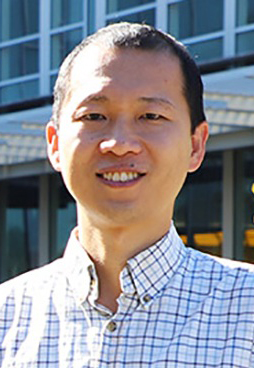 University of Science and Technology (USTC) in Hafei, China. He was a member of the lab of former ECE Professor Ray Liu, who nominated him for this award
University of Science and Technology (USTC) in Hafei, China. He was a member of the lab of former ECE Professor Ray Liu, who nominated him for this award
Currently, he is a Professor and the Wallace H. Coulter Distinguished Faculty Fellow in the Department of Biomedical Engineering at Georgia Institute of Technology and Emory University. Before joining Georgia Tech, he completed postdoctoral training at the Center for Cancer Systems Biology, Stanford Medical School, followed by an Assistant Professor position in the Department of Bioinformatics and Computational Biology, University of Texas MD Anderson Cancer Center.
His research interests are in bioinformatics and computational biology, focusing on machine learning, data integration, statistical signal processing, control systems and optimization. His work has contributed to the creation of a sub-field of trajectory inference in single-cell genomics and has demonstrated significant contributions in extracting the cellular hierarchy underlying high-dimensional single-cell data.
One of the algorithms developed by Qiu, SPADE (Spanning-tree Progression Analysis of Density-normalized Events) yes has been incorporated into three major commercial software systems for cytometry analysis: FlowJo, Cytobank and FCS Express. The first two systems are mainly used by research labs. FCS Express is the most widely used cytometry software used in clinical settings.
Qiu’s work has been published in a number of prestigious journals, including Science and Nature. As noted on Google Scholar, his works have been cited over 11,000 times. He is a Fellow of the American Institute of Medical and Biological Engineering (AIMBRE) and is recognized as a Marylou Ingram Scholar by the International Society for Advancement of Cytometry. In 2016, he was awarded a NSF CAREER Award for “Experimental Design and Model Reduction in Systems Biology.”
Guan-Ming Su (EE M.S. ’01 / Ph.D. ’06)
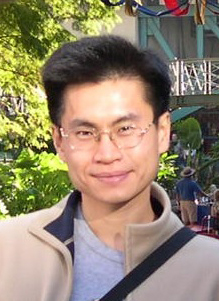 Guan-Ming Su received BSE in Electrical Engineering from National Taiwan University in 1996; the M.S. and Ph.D. degree from Department of Electrical and Computer Engineering of University of Maryland, College Park, in 2001 and 2006. His research focuses on multimedia compression and communications, video processing, computer vision, and volumetric video. He was nominated by his former advisor, Professor Min Wu
Guan-Ming Su received BSE in Electrical Engineering from National Taiwan University in 1996; the M.S. and Ph.D. degree from Department of Electrical and Computer Engineering of University of Maryland, College Park, in 2001 and 2006. His research focuses on multimedia compression and communications, video processing, computer vision, and volumetric video. He was nominated by his former advisor, Professor Min Wu
He is currently the Director of Research with the Dolby Laboratories, Sunnyvale, CA. He is the inventor of more than 210 U.S./international patents and pending applications. He is one of the recipients of 2020 (72nd) Technology and Engineering Emmy Award and 2021 (73rd) Engineering Emmy Award Philo T. Farnsworth Award for the contribution to high dynamic range (HDR) and wide color gamut (WCG) video as Dolby Vision format.
He has been active in the engineering community and has held multiple leadership roles with several IEEE societies. He was the Director of the review board and R-Letter in IEEE Multimedia Communications Technical Committee. He also served in multiple IEEE international conferences, such as the TPC Co-Chair in International Conference on Multimedia & Expo 2021, the Industry Innovation Forum Chair in IEEE International Conference on Image Processing 2023 and 2025, and the General Co-Chair in IEEE International Conference on Multimedia Information Processing and Retrieval 2024 and 2025. He served as a VP for industrial relations and development in Asia Pacific Signal and Information Processing Association (APSIPA), from 2018 to 2019. He has been serving as the Vice Chair for Conference in IEEE Technical Committee on Multimedia Computing (TCMC), since 2021. He served as an Associate Editor for Asia Pacific Signal and Information Processing Association (APSIPA) Transactions on Signal and Information Processing, and IEEE MultiMedia Magazine.
Ashok Veeraraghavan (EE M.S. ’04 / Ph.D. ’08)
Ashok Veeraraghavan serves as the current Chair of the Department of Electrical and Computer Engineering.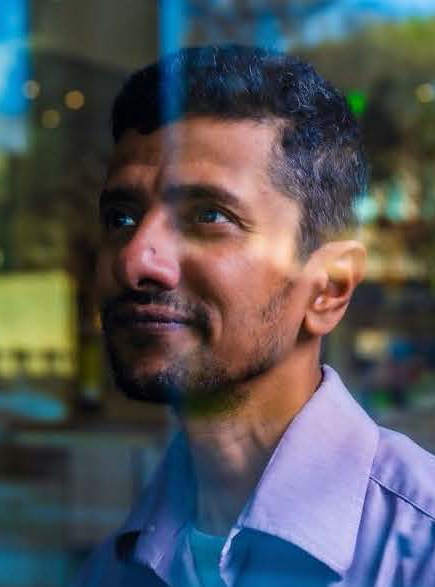 He also directs the computational imaging lab, which focuses on solving hard and challenging problems in imaging and vision by co-designing sensors, optics, electronics, signal processing, and machine learning algorithms.
He also directs the computational imaging lab, which focuses on solving hard and challenging problems in imaging and vision by co-designing sensors, optics, electronics, signal processing, and machine learning algorithms.
Before joining Rice University, he spent three wonderful and fun-filled years as a Research Scientist at Mitsubishi Electric Research Labs in Cambridge, MA. He received his Bachelors in Electrical Engineering from the Indian Institute of Technology, Madras in 2002 and M.S and PhD. degrees from the Department of Electrical and Computer Engineering at the University of Maryland, College Park in 2004 and 2008 respectively. His thesis received the Doctoral Dissertation award from the Department of Electrical and Computer Engineering at the University of Maryland.
His work has won numerous awards including the Peter and Edith O’Donnel Award for Engineering in 2024, Charles Duncan Innovation Award 2019, Hershel. M. Rich Invention Award in 2016 and 2017, and an NSF CAREER award in 2017. He loves playing, talking, and pretty much anything to do with the slow but enthralling game of cricket.
Veeraraghavan was nominated by his former advisor, Professor Rama Chellappa.
Published October 8, 2025









